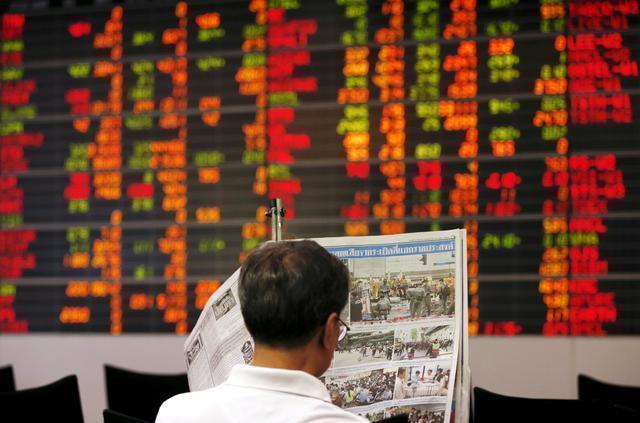Turkey is the most vulnerable country in the region due to over-dollarization and high foreign exchange (FX) rate risk, according to James Longsdon, Global Head of Bank Ratings at Fitch Ratings. “Stong USD poses additional risks for banks in developing countries. Balance sheet assets and unhedged USD positions may pressure the capital,” Longsdon told daily DUNYA. Fitch Ratings expect the Central Bank to tighten monetary policy in 2023 as current policy composition isn’t sustainable due to increasing macroeconomic imbalances, weak global outlook, interest rate hikes in the world, and low external liquidty buffers, according to Lindsey Liddell, Head of Turkish Bank Ratings at Fitch Ratings. “Despite strong profitability, the capital risks of Turkish banks are high due to TRY losses. The tightening in the net interest rate margin will also weaken profitability,” Liddell told daily DUNYA.
The International Monetary Fund (IMF) upgraded Turkey’s economic growth forecast from 4% to 5% for 2022 and downgraded it from 3.5% to 3.0% for 2023 in its latest report. The IMF raised the average consumer prices expectation from 60.5% to 73.1% for 2022 and from 37.3% to 51.2% for 2023 and while it increased the year-end inflation expectation from 52.4% to 73.5% for 2022 and from 29.7% to 36.9% for 2023.
Turkey’s benchmark stock index ended yesterday at 3,571.55 points, down 0.29% from its previous close. Borsa Istanbul’s BIST 100 index lost 10.48 points from Monday’s close of 3,582.03 points with a daily trading volume of TRY 61.4bn. Analysts said 3,450 points will be the support level and 3,620 points will be the resistance level for the BIST 100 index, in technical terms.
Although there is slight volatility and a decline in volume this month, an upward trend continues on Borsa Istanbul, according to Soner Kuru, Assistant General Manager of Marketing at Marbas Menkul Degerler A.S. He says that monetary and fiscal policies combined with high inflation, despite tightening conditions abroad, is what raises stock prices. “We’ll start to see financial statements for the third quarter. Although we expect a decline in profitability in the banking sector, we estimate an average of 3-4-fold profitability y-o-y with the impact of FX-protected TRY deposit accounts (KKM). This may spark dynamism again in banking stocks,” Kuru added. Marbas Menkul Degerler also expects substantial profitability in aviation and transportation. “The transportation index, which tripled in the last year, seems to move forward with the balance sheet period. We generally expect a financial statement period to boost the market especially in the banking, holding, and transportation indices,” Kuru noted.
On the foreign policy side, President Recep Tayyip Erdogan may meet with his Russian counterpart Vladimir Putin on the sidelines of the 6th Summit of the Conference on Interaction and Confidence Building Measures in Asia (CICA) to be held on October 12-13. Turkey’s proposal to host talks between Russia and the West for peace in Ukraine and bilateral relations may be raised at the meeting, according to Kremlin Spokesman Dmitry Peskov.
DAILY AGENDA
The Industrial Production Index increased by 1% August, year-over-year, according to the Turkish Statistical Institute (TurkStat). The index rose by 2.4% on a monthly basis.
The total turnover index jumped 130.3% in August, compared to the same month last year, according to TurkStat. The index surged by 6.8% on a monthly basis.
The retail sales volume increased by 9.0% in August, year-over-year, according to TurkStat. The retail turnover jumped 128.8% in the same period.
Meanwhile…
>> The terms of trade, which indicates the ratio of the export unit value index to the import unit value index, dropped by 13.8 points from 86.8 to 73.0 in August, compared to the same month last year, according to TurkStat.
>> Official reserves increased by USD 10.8bn in August, according to the Central Bank.
READ A SELECTED ARTICLE FROM OUR MAGAZINE:
>> Things look bad for October inflation
Our Eco Analysis Columnist Alaattin Aktas examines the direct and indirect impact of hikes in petroleum prices on inflation in October.










